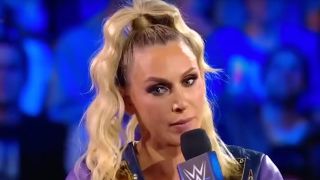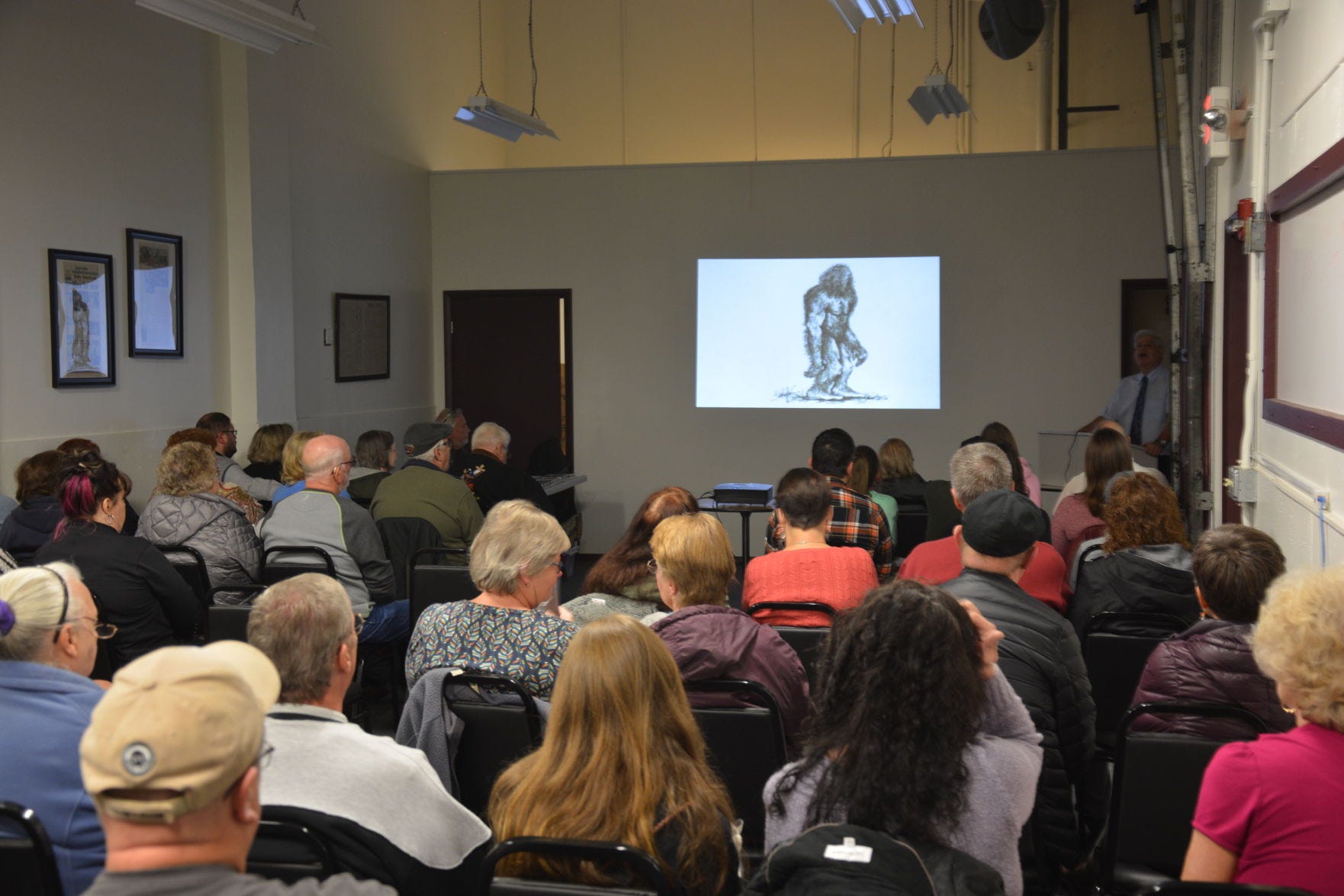

I would never dream of hurting anybody on purpose.” “As soon as you realise that is a problem, you fix it,” Parton explained. In 2018, she removed the use of the word “Dixie” from an attraction at Dollywood citing its confederate origins. In August, Parton told Billboard magazine that she supported Black Lives Matter (“Do we think our little white asses are the only ones that matter?” she asked). It helps explain why there hasn’t been as much of an anxious urge from many of her left-wing fans to have her speak out, even if interviewers continue to grill her over it. Parton hasn’t called for Trump’s head, nor got behind figures in the Democratic Party in comparison – instead she has signalled her values with actions rather than dialogue. But that she hasn’t been condemned for it speaks to something deeper than what Parton actually articulates. It means many of her modern interviews are slightly awkward, Parton talking around matters of importance and sticking to an admittedly anodyne script of wishing everyone well and calling for unity. Open signalling of your values, and using your A-list privilege for political good, has become a fundamental part of modern celebrity branding. Even a one-time figure of shiny, apolitical blandness like Jennifer Aniston has become outspokenly political in recent months: supporting Black Lives Matter, and chastising Covid conspirators and those voting for Kanye West instead of Joe Biden in the presidential election. The Guardians of the Galaxy star Chris Pratt’s increasingly unpopular status on social media is directly linked to his political ambiguity, while the controversy swirling around Ellen DeGeneres this summer was at least partly inspired by her eagerness to pal around with George W Bush. Of course, I have my opinion, but I learned years ago to keep my mouth shut about things.” “I have too many fans on both sides of the fence. “I don’t do politics,” she told the acclaimed biographical podcast Dolly Parton’s America in 2019. It’s a game only made trickier by her skills at deflection, whether by deploying a canny topic pivot or, more commonly, a joke about her breasts. Many have tried and failed to get Parton to open up about her political leanings over the years.

At the same time, Parton has sat on the fence politically, refusing to align with nor condemn any particular ideology or US president, while insisting that it’s the key to her longevity. Her philanthropy has helped teach children to read, and funded Covid-19 vaccines. Her lyrics, which burst with memories, traumas and wit, continue to touch those from every walk of life, Parton resonating with young and old and every colour and creed. She emerged from Tennessee’s Smoky Mountains wearing a coat of many colours, and through her songcraft and earnest sense of goodness, she has become a rare unifier among global chaos. Dolly Parton probably isn’t Jesus, but the jury’s still out.


 0 kommentar(er)
0 kommentar(er)
